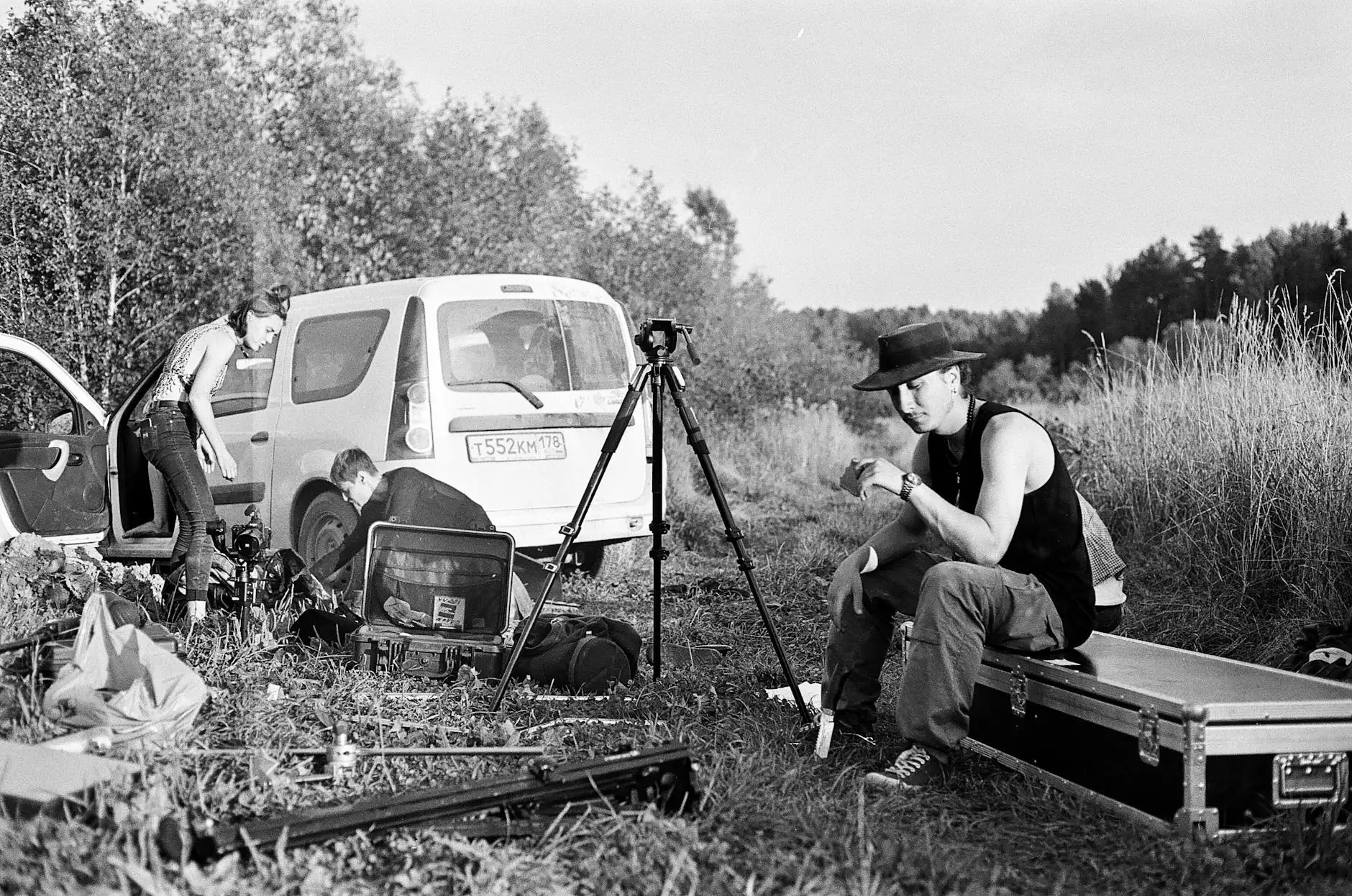Why Truck Drivers Often Lie to Police & Accident Investigators
Car Accident Law
When it comes to truck accidents, gathering accurate and reliable information is crucial for determining liability and ensuring justice for all parties involved. However, it's not uncommon for truck drivers to provide unreliable witness statements, leading to difficulties in resolving these cases. In this article, we'll explore the reasons why truck drivers often lie to police and accident investigators.
1. Fear of Legal Consequences
Truck drivers may be motivated to lie due to the fear of legal consequences and potential damage to their career. Accidents can result in serious lawsuits, hefty fines, and even suspension or revocation of their commercial driver's license. Consequently, some truck drivers may choose to provide false or misleading information in an attempt to protect themselves.
2. Pressure from Employers
In certain cases, truck drivers may face pressure from their employers to provide statements that favor the company. The trucking industry is highly competitive, and companies may prioritize protecting their reputation and avoiding liability over revealing the truth. This pressure can significantly influence a truck driver's willingness to cooperate truthfully with investigators.
3. Lack of Awareness of their Mistakes
Truck accidents are often complex events involving multiple factors. In certain situations, truck drivers may genuinely believe their actions were appropriate and fail to recognize their own mistakes. This lack of awareness can lead to unreliable witness statements unintentionally, as drivers may unknowingly omit crucial details or present a skewed version of events.
4. Job Security Concerns
Truck drivers rely on their employment for stability and livelihood. Admitting fault or providing an accurate statement that implicates themselves could jeopardize their job security. The fear of facing unemployment or difficulty finding future job opportunities can further incentivize truck drivers to provide false narratives during accident investigations.
5. Pressure from Insurance Companies
Insurance companies play a significant role in resolving truck accident claims. These companies are driven by profitability and may attempt to reduce their financial liability by influencing witness statements, including those of truck drivers. The pressure to comply with their insurer's requests can lead to misleading or inaccurate accounts of the accident.
6. Emotional and Psychological Factors
Truck accidents are often highly traumatic events, causing immense stress and emotional turmoil for all parties involved. In such situations, truck drivers may experience feelings of guilt, shame, or fear, leading them to distort their recollection of events or provide false statements in an attempt to cope with the emotional fallout.
7. Lack of Training
Not all truck drivers receive comprehensive training on accident reporting and providing accurate witness statements. This lack of proper training can result in inconsistencies, omissions, or unreliable accounts when drivers are asked to recount accident details. Improved training and education could potentially help minimize the occurrence of unreliable witness statements.
Conclusion
Understanding why truck drivers often lie to police and accident investigators is essential when dealing with truck accident claims. The fear of legal consequences, pressure from employers and insurance companies, lack of awareness of their mistakes, job security concerns, emotional factors, and inadequate training are all contributing factors to this issue.
At James D Jones, our experienced team is dedicated to helping clients navigate the complexities of truck accident cases. With our expertise in the legal field and deep understanding of the trucking industry, we work tirelessly to uncover the truth and ensure our clients receive the justice they deserve.
Contact James D Jones today to discuss your truck accident case and receive professional legal assistance from a trustworthy attorney who understands the challenges associated with unreliable witness statements by truck drivers.










